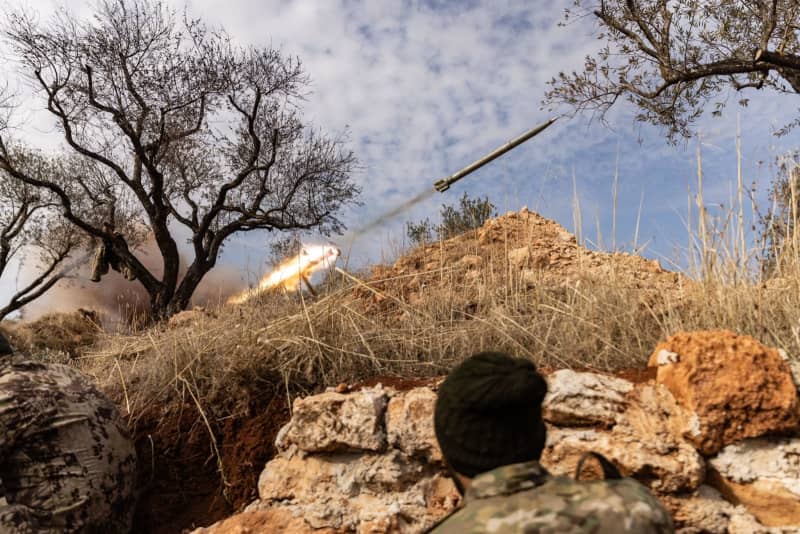Russia has expressed strong disapproval of the recent advances made by anti-government Islamist rebels toward Aleppo, declaring such actions an infringement on Syria’s sovereignty. Kremlin spokesman Dmitry Peskov articulated this perspective, clarifying that while Russia condemns the offensive, it does not feel obligated to intervene directly to halt it. Instead, Peskov reiterated Moscow’s support for the Assad regime in restoring order and constitutional governance in Syria. This stance underscores the complex geopolitical dynamics at play, where Russia has been a steadfast ally of President Bashar al-Assad since its military intervention in the Syrian civil war commenced in 2015.
The Kremlin has significantly influenced the course of the Syrian conflict, particularly through its military engagements that aided the Syrian government in regaining control over strategic territories, such as Aleppo, which fell under Syrian army control in 2016. However, the price of such military support was high, with numerous civilian casualties reported throughout the operations. The Russian military intervention was pivotal, as Moscow utilized its aerial capabilities to shift the balance of power in favor of Assad, despite widespread international condemnation over its tactics and the resultant humanitarian consequences.
Since Russia commenced its full-scale invasion of Ukraine in 2022, it has scaled back its military presence in Syria. This pivot raises questions about the future of Russian influence in the region, especially with ongoing hostilities from opposition forces. Russian military experts maintain that crucial bases like Hamaimim airbase and Tartus naval base remain adequately safeguarded from potential assaults by militant groups. This assessment suggests a strategic prioritization of Russian assets even amid a shifting military focus, reflecting broader international and domestic challenges facing Moscow.
In response to recent attacks, armed Syrian opposition factions have rallied under the banner of the Military Operations Department. They launched a concentrated military campaign aimed at countering what they described as aggression in Idlib and Aleppo governorates. This operation has resulted in the capture of over 60 towns previously held by Syrian regime forces and Iranian-backed militias, showcasing a resurgence in opposition strategies and coordination among various rebel factions. This upsurge in military activity illustrates a dynamic and often chaotic battlefield, where alliances and territorial control are fluid.
The situation in Aleppo and its surrounding areas is further complicated by the ongoing conflict’s socio-political dimensions. As the opposition forces make significant territorial gains, the Syrian regime faces an increasing challenge to maintain its authority and influence, further straining its war-torn governance structure. This resurgence of anti-government forces signifies a shift in power dynamics within the region, posing a potential threat to the gains made by the Assad regime with Russian backing over the past several years.
In summary, the ongoing conflict in Syria, particularly in Aleppo, reflects a broader struggle involving both internal and regional power plays. Russia’s support for Assad remains unwavering, yet its reduced military presence poses significant implications for the Syrian government’s capacity to counteract the reinvigorated opposition forces. The international community watches closely, as the outcome of these developments will likely influence not only Syria’s future stability but also broader regional geopolitical landscapes. The interplay of local aspirations for sovereignty, the influence of foreign powers, and the ramifications of military operations will shape the course of this protracted and devastating conflict.

